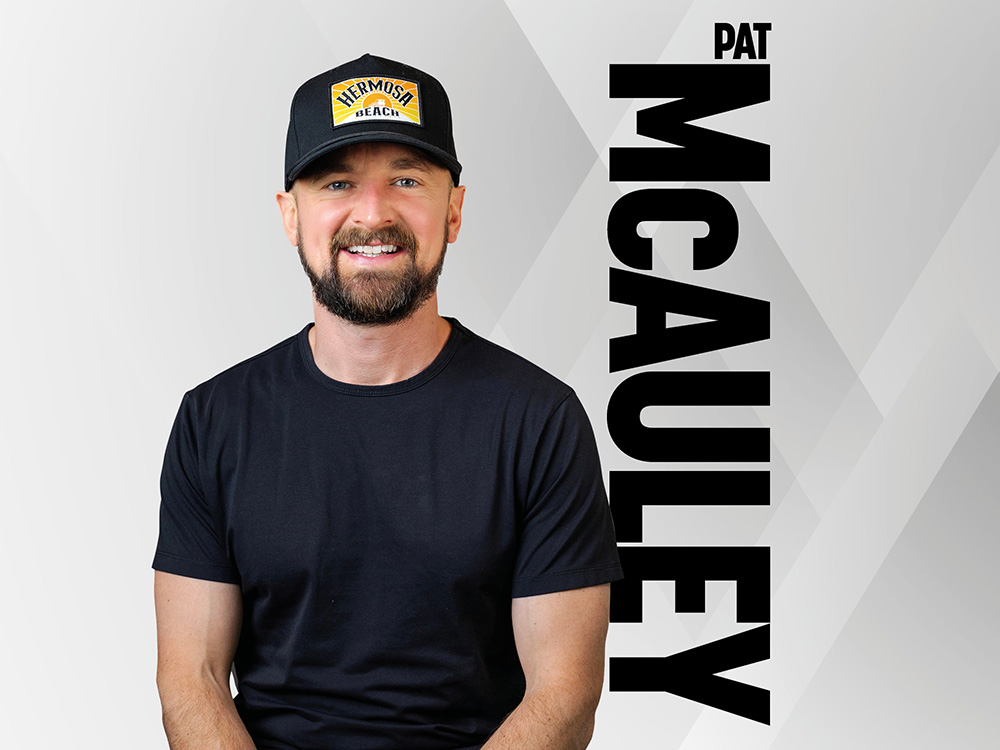

Front-of-pack strategies to effectively engage the flexitarian consumer
In my October/November 2022 column, we discussed how important it is to target the flexitarian consumer when expanding your total addressable market. But how can you effectively draw in flexitarians to try and buy your products, and stand out from the growing number of plant-based options (yay!) on our retail shelves? Well, one way is to double down on your front-of-pack messaging.
Let’s start with labeling. Oh, the age-old question of whether to label your product as ‘vegan’, ‘plant-based’, or something else altogether!
The right terminology is key to successfully targeting flexitarians, but there still seems to be uncertainty around the meaning of ‘plant-based’ among consumers.
The term ‘vegan’ is well-understood by flexitarians in native English-speaking countries. A survey conducted by ProVeg International found that 72% of UK respondents and 64% of US respondents understand that a vegan product ‘definitely does not contain animal meat, eggs, or dairy’. But when it comes to products labeled as ‘plant-based’, only 51% of UK flexitarians and 54% of US flexitarians believe that the same statement applies.
So, if ‘vegan’ is better understood than ‘plant-based’, we should all just go and change our front-of-pack messaging to reflect this so as not to confuse our consumers, right? But wait…
Research by the Good Food Institute found that variations of the term ‘plant-based’ increased mainstream consumer purchasing intent by around 20%, compared to the term ‘vegan’. So, what direction should brands take?
The right terminology is key to successfully targeting flexitarians, but there still seems to be uncertainty around the meaning of ‘plant-based’ among consumers
Well, ProVeg International recently conducted further research that looked at how eight different labeling variations impacted consumers’ likelihood of choosing a plant-based product. We explored how terms such as ‘vegan’, ‘vegetarian’, ‘veggie’, ‘plant-based’, ‘100% plant-based’, ‘meatless’, ‘meat-free’, and ‘animal-free’ influence consumers’ decision-making. Although there was no significant difference between the terms when it came to the proportion of people choosing the plant-based option, the terms ‘vegan’, ‘meatless’, and ‘meat-free’ were perceived by consumers as being worse in terms of health, taste, and sustainability, while ‘plant-based’ and ‘100% plant-based’ were perceived as being better.
So, with all this in mind, we still don’t have a definitive answer of what terminology is best, but to have the highest chance of engaging with the flexitarian consumer, I’d recommend avoiding restrictive language such as ‘meat-free’, which can be perceived negatively, and opting instead for ‘100% plant-based’ on the front, with a V-Label certification (or similar) to increase clarity and credibility.
With 65% of modern consumers seeking brands and products that are socially and environmentally responsible (according to Forbes), and 49% of consumers aware that plant-based alternatives are better for the environment (according to Innova Market Insights), sustainability should also be a key consideration in your front-of-pack messaging to effectively signal to sustainability-conscious flexitarians that your product is environmentally friendly.
Environmental-impact labeling is a great way for brands to do this. There’s currently no single international standard, so it’s up to you which method you want to use. But the best thing you can do is make your label simple. Choose a single metric like carbon emissions, and color-code it accordingly – green for low environmental impact and red for high environmental impact. Then sit back and watch those flexitarians pick up your products more frequently!
I’m sure I don’t need to reiterate how integral front-of-pack messaging is in engaging consumers in the food industry, but for a deeper dive into key strategies to engage flexitarians and succeed in the plant-based market, check out the New Food Hub or come back next time for more data and insights on all things flexitarian!
Stephanie is the Director of Corporate Engagement at ProVeg International. In her role, she works to accelerate the growth of the alternative protein industry in Europe and globally; and create a future of food that is sustainable for humans, animals, and the planet. This article was republished from the January/February 2023 edition of Protein Production Technology International, the industry's leading resource for alternative proteins. To subscribe to read future editions hot off the digital press, please click here
If you have any questions or would like to get in touch with us, please email info@futureofproteinproduction.com
More Opinion

Food biomanufacturing: A national security issue

Creating a new protein sector: Part II

Trade secrets: when, how and why to use them

The criticality of conducting LCAs

Creating a new protein sector: Part I

Protecting IP on a budget

Will the UK become the new Singapore?










